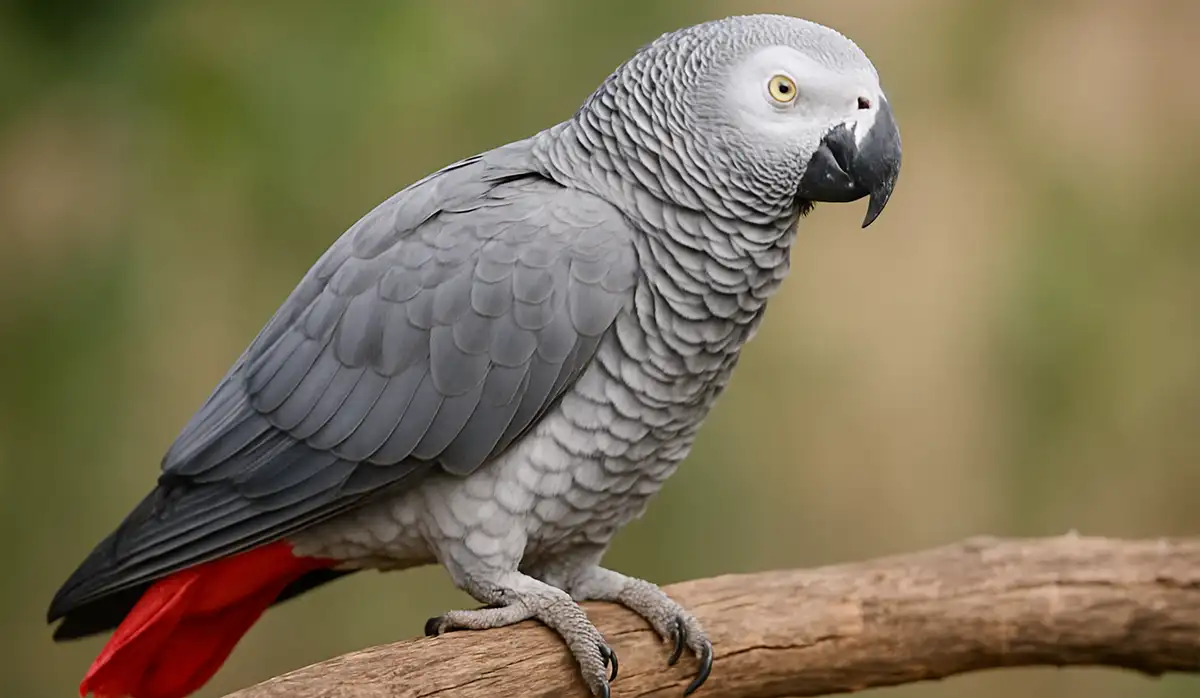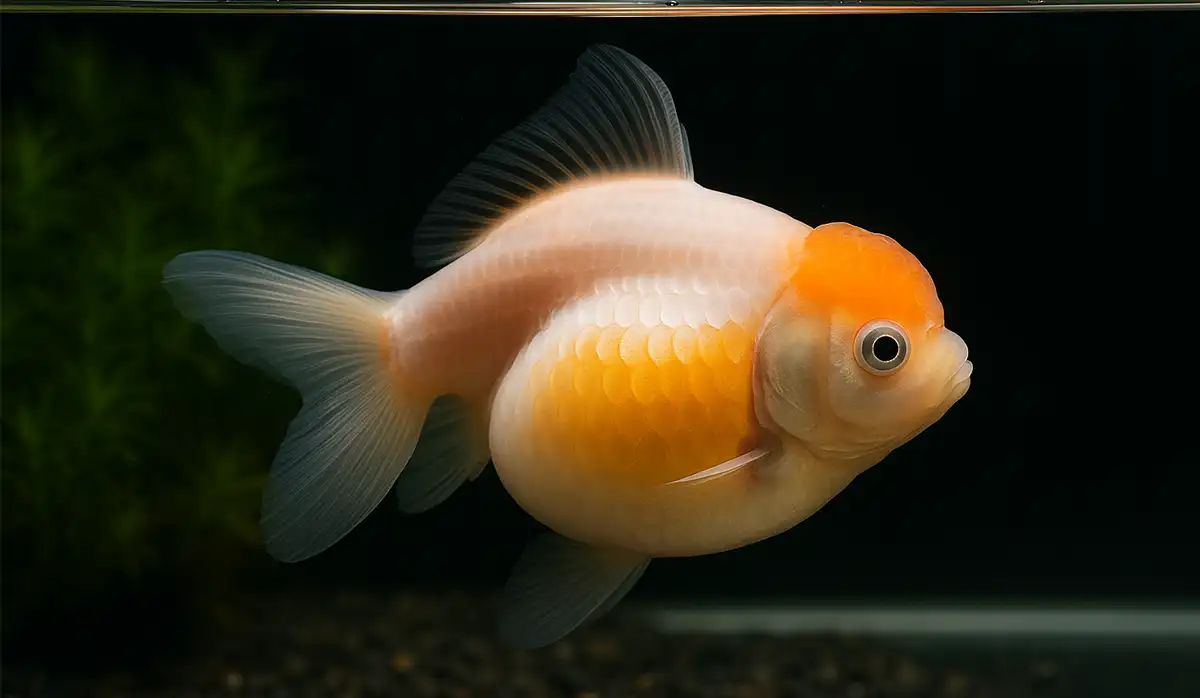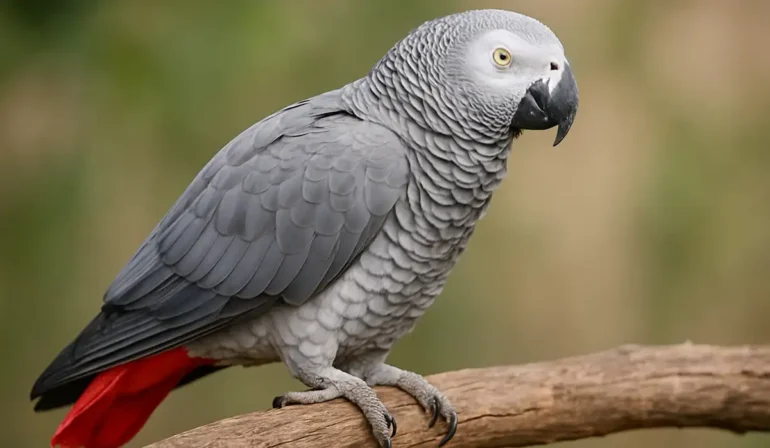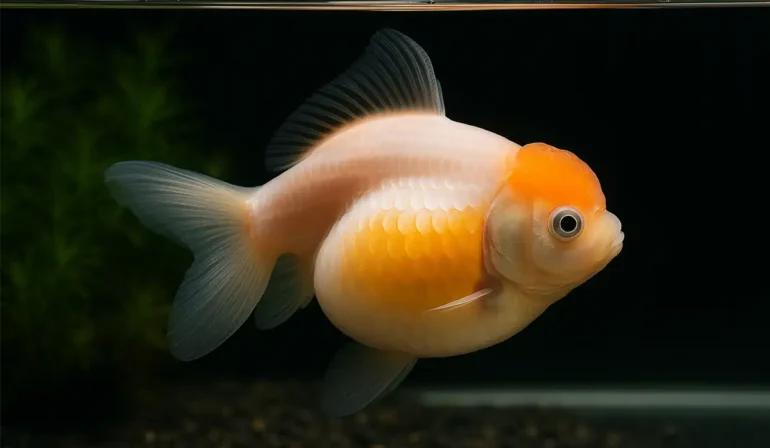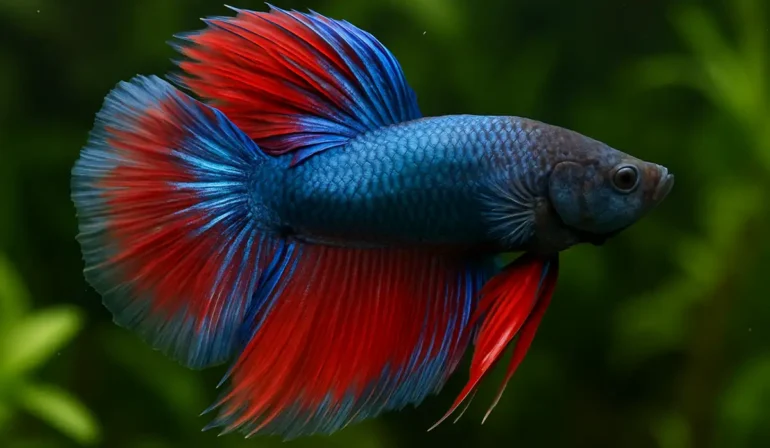🦜 Senegal Parrot: A Complete Guide to the Charming Companion Bird
By Pet Luvz on April 8, 2025

Introduction to Senegal Parrots
Let’s face it—parrots are awesome. But the Senegal parrot? That’s a whole new level of charm. These small, colorful, and incredibly intelligent birds make amazing companions for those looking for a feathered friend with personality.
Table of Contents
Overview of Senegal Parrots
Senegal parrots (Poicephalus senegalus) are native to Africa and known for their playful nature, relatively quiet demeanor, and ability to form deep bonds with their humans. They’re small but mighty—packing intelligence, affection, and sass into one compact, green-feathered package.
Why They’re Popular Pets
People love them because they’re:
- Quieter than most parrots
- Easy to train
- Affectionate without being overly clingy
- Perfectly sized for home life
They’re basically the “goldilocks” of parrots—not too big, not too loud, not too needy.
Origin and Natural Habitat
Where Senegal Parrots Come From
These birds are originally from West Africa, particularly in countries like Senegal (duh!), Mali, and Guinea. They thrive in savannas, open woodlands, and forest edges. Learn more from the World Parrot Trust.
Life in the Wild
In the wild, Senegal parrots live in small flocks. They spend their days foraging for food, socializing, and flying through the trees with grace and purpose.
Their Role in the Ecosystem
Senegals help with seed dispersion, keeping the environment thriving. They’re more than just pretty birds—they’re essential players in their ecosystem.
Physical Characteristics
Size and Weight
A full-grown Senegal parrot typically:
- Measures about 9 inches long Read more at BirdLife International.
- Weighs between 120–170 grams
Perfectly manageable, right?
Sexual Dimorphism
Bad news: you can’t easily tell males from females just by looking. A DNA test or a very observant vet might help, but otherwise, it’s a mystery.
Personality and Behavior
Social Traits
Senegals are curious, loyal, and love to interact. Once bonded, they’re affectionate and crave time with their human flock.
They are sociable, affectionate birds. According to Lafeber, they bond closely with their owners.
Intelligence and Playfulness
These parrots are smart cookies. Puzzle toys? Bring ’em on. They love learning new tricks and solving challenges.
Are They Good for First-Time Owners?
Absolutely! Their manageable size and generally calm nature make them great for beginners—just be prepared to commit.
Common Behavioral Issues
Without proper attention, they might:
- Scream for attention
- Nip when annoyed
- Get territorial
But with the right care, these issues are easy to manage.
Talking and Communication
Can Senegal Parrots Talk?
Yes, but don’t expect Shakespeare. They can mimic words and sounds, but their speech is limited compared to larger parrots like African Greys.
Yes, but they’re not master talkers like African Greys.
Body Language and Vocal Cues
They’re super expressive. Fluffed feathers? Happy. Hunched with wide eyes? Maybe scared or excited. Squawks? Could mean anything—watch and learn.
Diet and Nutrition
What to Feed a Senegal Parrot
Their ideal diet includes:
- High-quality pellets
- Fresh fruits (like apples, grapes, and berries)
- Veggies (carrots, leafy greens, bell peppers)
- Occasional seeds and nuts as treats
Foods to Avoid
Don’t even think about giving them:
- Avocados
- Chocolate
- Caffeine
- Alcohol
- Anything salty or sugary
Never feed them chocolate, avocado, or caffeine. AVMA’s toxic food list is a helpful reference.
Housing and Environment
Ideal Cage Size
Go big. Even though they’re small, they need space to spread their wings.
Toys and Enrichment
Toys are a must! Rotate them regularly and include puzzles, chewable items, and climbing ropes.
Safe and Stimulating Environment
Keep the cage in a quiet, well-lit area. Avoid drafts, fumes, or loud environments. They love consistency and calm.
Grooming and Hygiene
Nail Trimming and Beak Care
Nails can get sharp. Regular trims are essential. Beak issues are rare if they have chew toys and proper nutrition.
Bathing Tips
Offer a shallow bowl or mist them lightly.
Health and Lifespan
Common Health Problems
Watch for:
- Psittacosis
- Feather plucking (usually stress-related)
- Respiratory issues
Signs of a Healthy Parrot
Bright eyes, clean feathers, curious attitude, regular eating, and active behavior = happy bird.
For more pet care tips, visit PetLuvz.
Training and Socialization
Building Trust with Your Senegal
Start slow. Offer treats, speak softly, and let them come to you. Patience wins.
Teaching Tricks and Commands
Simple stuff like “step up,” “wave,” or target training can be taught with consistency.
Positive Reinforcement Techniques
Always reward good behavior. Never punish. Birds respond best to love and snacks.
Breeding Senegal Parrots
Mating Behavior
Breeding pairs bond deeply. Males may feed females and become territorial.
Egg Laying and Chick Care
They lay 3–4 eggs per clutch.
Traveling with a Senegal Parrot
Safety Tips for Transportation
Use a sturdy travel cage.
Making Travel Less Stressful
Talk to them during the ride, keep it calm, and avoid long trips unless necessary.
Legal and Ethical Considerations
Laws on Ownership and Trade
Senegals aren’t endangered, but always check local laws. Never buy wild-caught birds.
Ethical Breeding and Adoption
Choose reputable breeders or consider adoption. There are plenty of sweet birds needing homes.
Cost of Ownership
Upfront and Ongoing Costs
You’ll need:
- Cage: $150–$500+
- Toys and supplies: $50/month
- Vet check-ups: $100–$300/year
Time and Emotional Investment
They need daily interaction. If you’re not home often, this may not be the pet for you.
Conclusion
Senegal parrots are truly something special. With their colorful looks, quirky personalities, and lifelong loyalty, they make incredible companions.
FAQs
1. How long do Senegal parrots live?
They can live 25 to 30 years, sometimes more with excellent care.
4. Can Senegal parrots be left alone?
Short periods are okay, but not all day, every day. They need company and stimulation.
5. Do Senegal parrots bond with one person?
Often, yes. They tend to form strong bonds with a favorite human.
YOU MAY ALSO LIKE
Top Pick
-

African Grey Parrot: A Smart, Loving, and Talkative Companion
July 22, 2025
-

5 Best Canister Filters for Crystal Clear Water in Your Pet Fish Tank
July 8, 2025
-

Is Pumpkin Good for Cats? Everything You Need to Know
July 5, 2025
-

Swim Bladder Treatment: Solutions for Aquarium Fish Health
July 3, 2025
-

7 Fascinating Betta Fish Facts Every Owner Should Know
July 2, 2025
